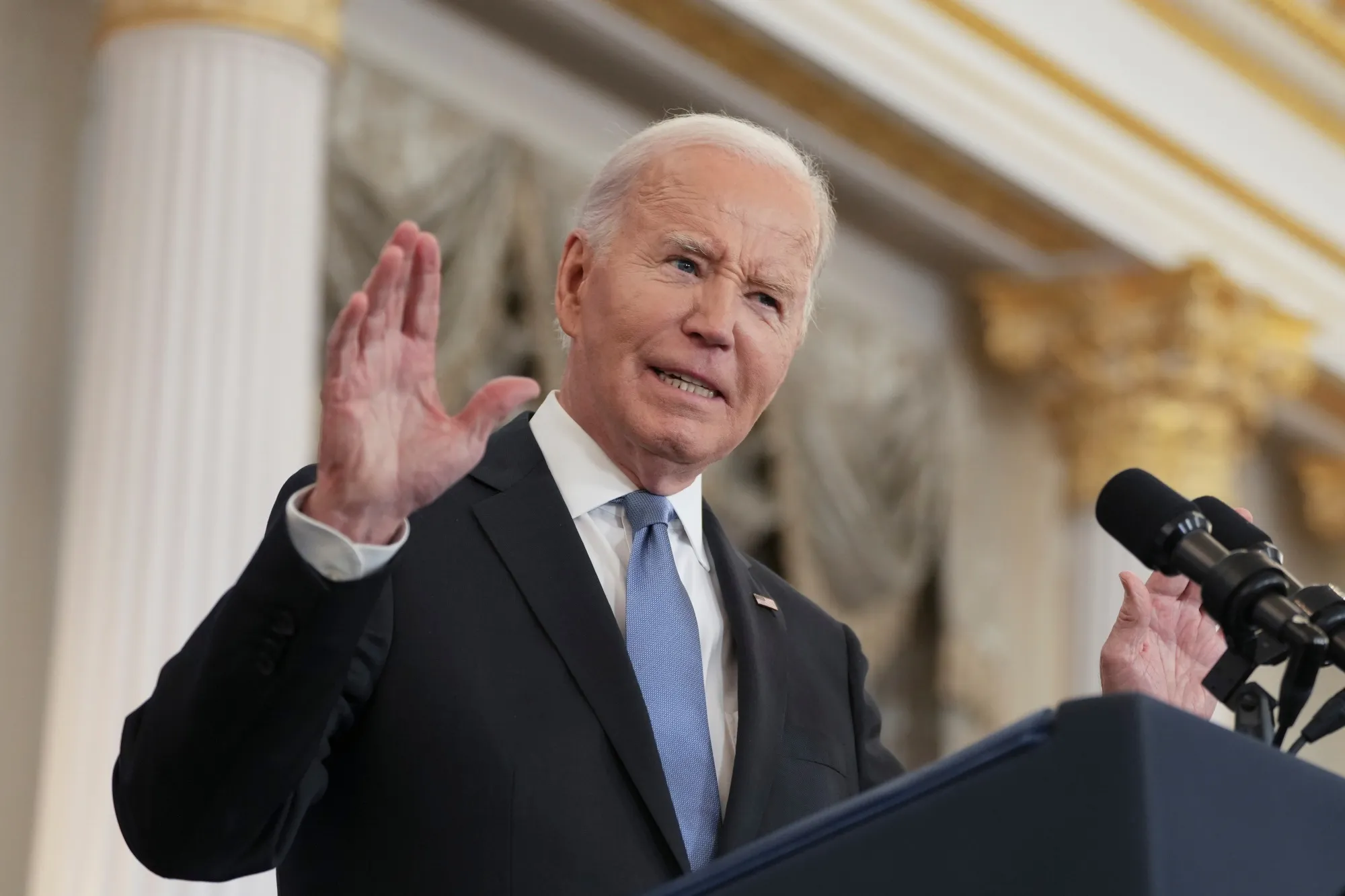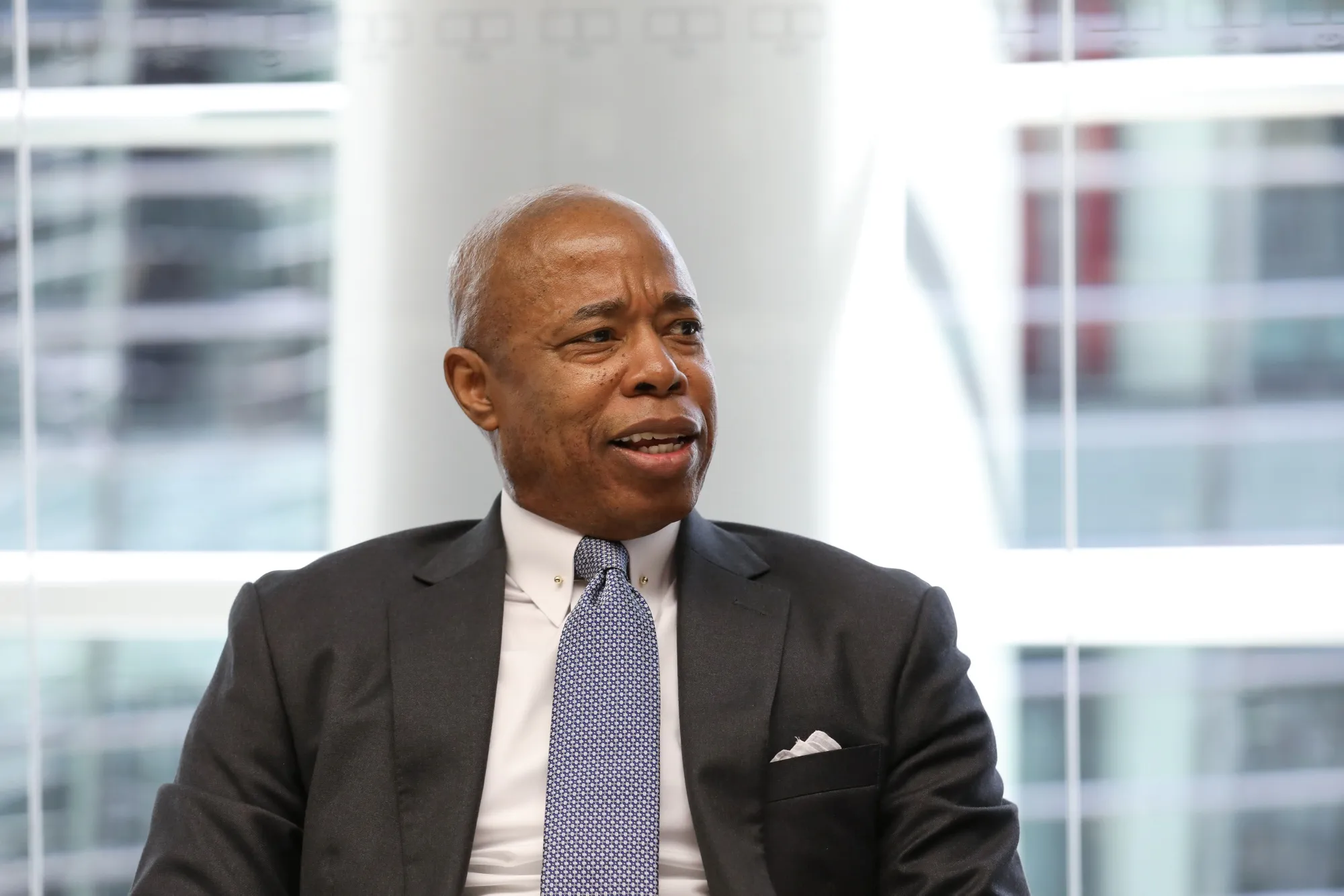Anthony Tan, co-founder and CEO of Grab, has transformed what began as a modest ride-hailing startup into a “super app” that offers services across mobility, deliveries, and digital financial solutions, CNBC reports.
Founded in 2012, Grab now operates in eight Southeast Asian countries, providing day-to-day services to more than 35 million users and creating income opportunities for over 13 million drivers and merchants. The company, which went public on the Nasdaq in 2021, reported a revenue of $2.36 billion in 2023.
Tan’s entrepreneurial journey has been challenging, despite his background as the youngest son in one of Malaysia’s wealthiest families. His family, particularly his father, expected him to follow in the footsteps of the family business. However, after attending Harvard Business School, Tan set out on his own mission to address societal issues in Southeast Asia, starting with improving the region’s taxi system.
Tan and his co-founder, Hooi Ling Tan, who also hails from Malaysia, saw an opportunity to tackle the safety issues in the local taxi system, particularly for women. This idea led them to develop Grab, originally known as “MyTeksi.” After winning second place in a startup contest, they used the prize money and additional support from Tan’s mother to launch the company.
In its early days, Grab faced significant challenges, including limited financial resources and fierce competition, notably from Uber. Tan traveled across Southeast Asia to recruit drivers, often spending long hours in uncomfortable conditions to promote the app. His determination and hands-on approach eventually helped the company gain traction.
In 2018, Grab solidified its dominance in the region by acquiring Uber’s Southeast Asia business in exchange for a 27.5% stake in the company. Today, Grab is a multifaceted platform offering not just ride-hailing services but also food delivery, grocery shopping, and financial services such as payments and digital banking.
Grab’s success has not been without controversy. The company has faced antitrust scrutiny, but its impact on the region is undeniable. It has become a vital part of Southeast Asia’s infrastructure, even influencing employment rates in countries like the Philippines. Additionally, Grab has empowered many by offering access to micro-financing, enabling drivers to afford smartphones and other tools necessary to participate in the gig economy.









